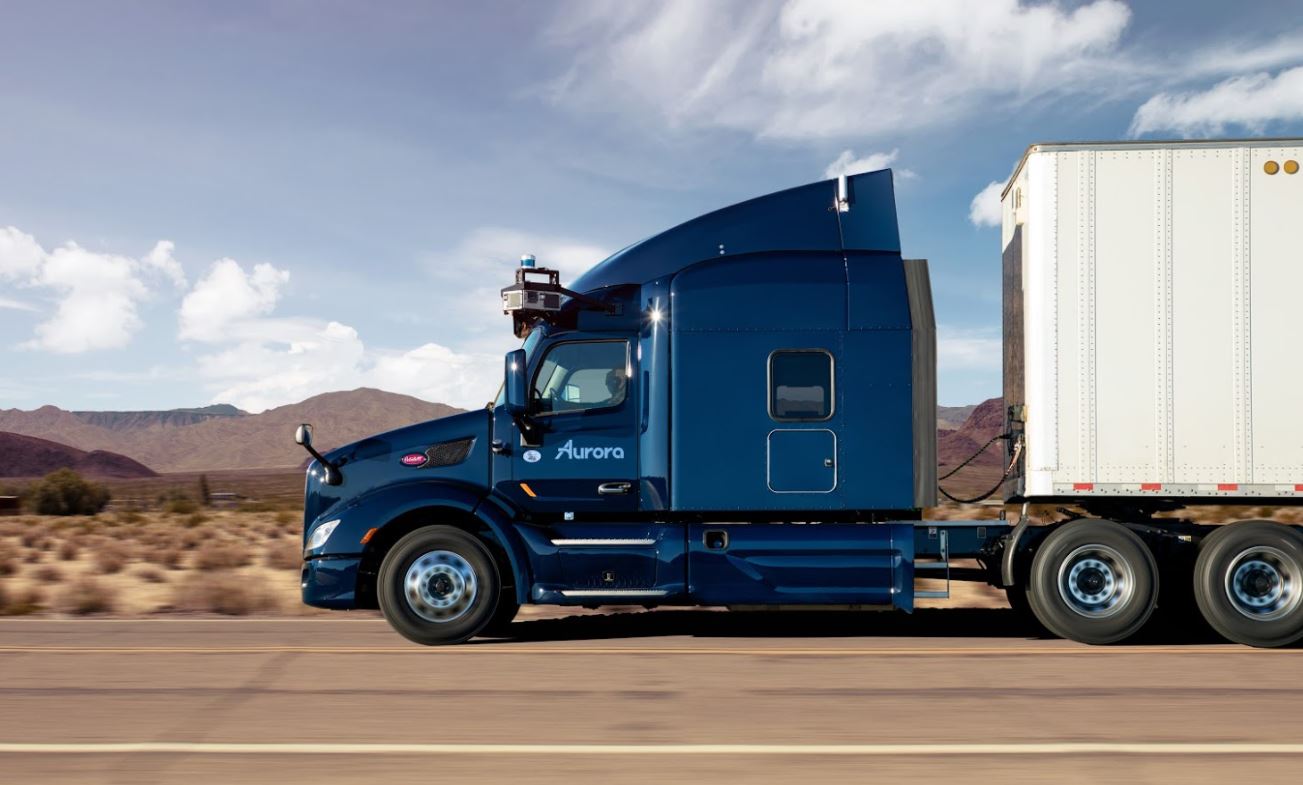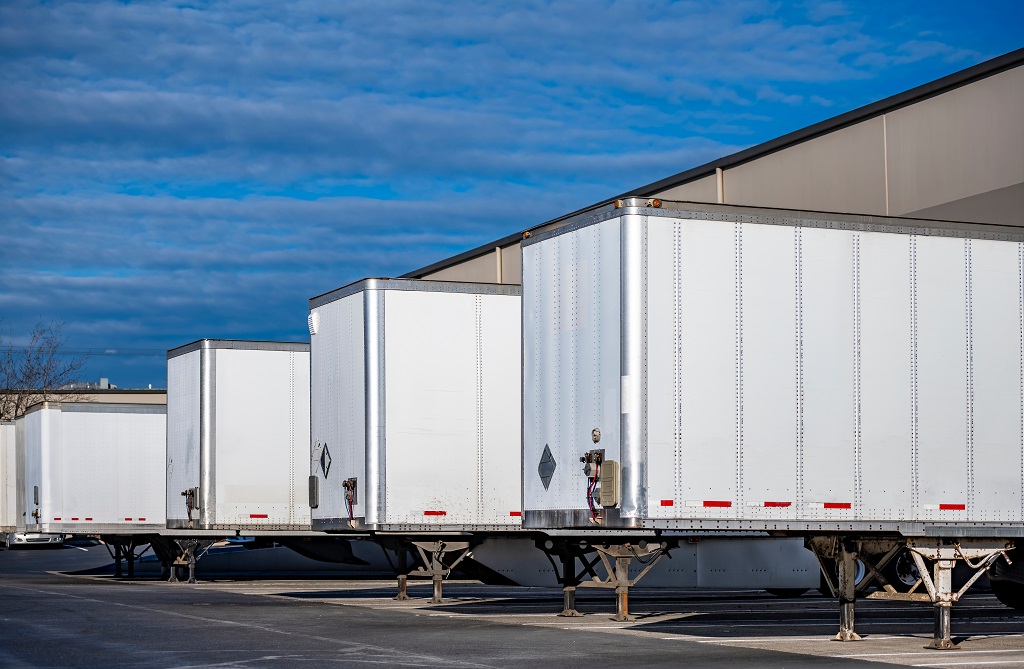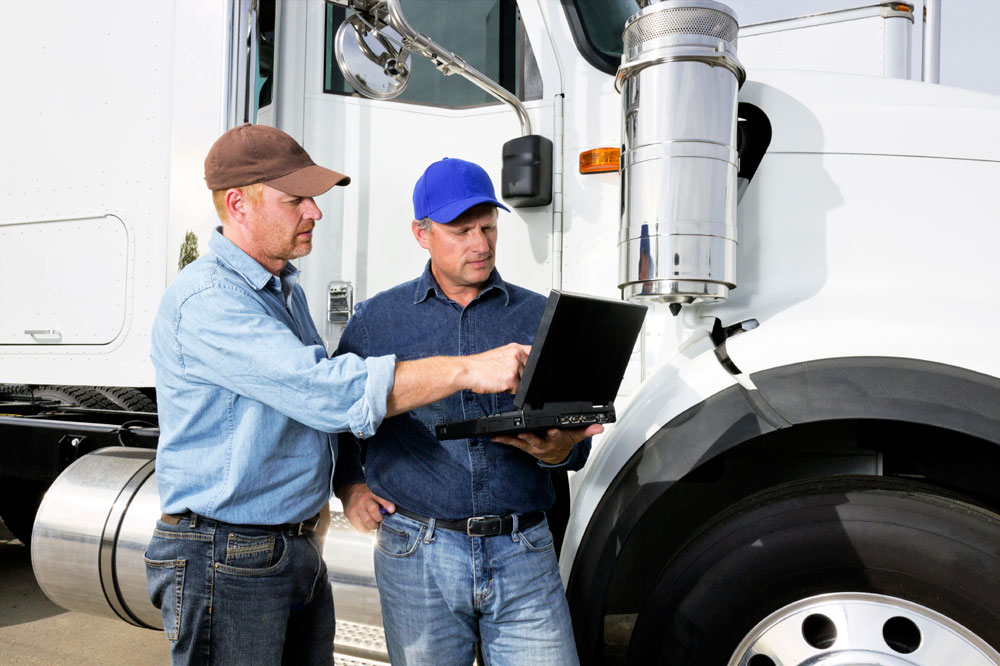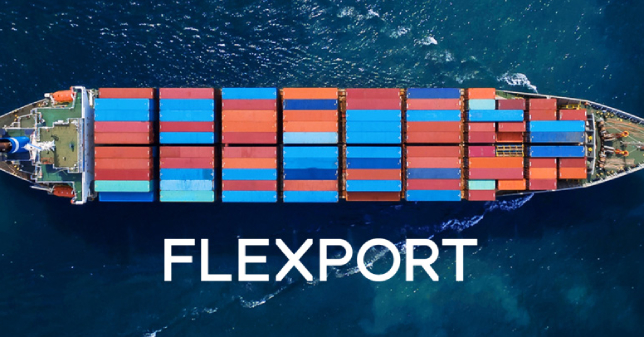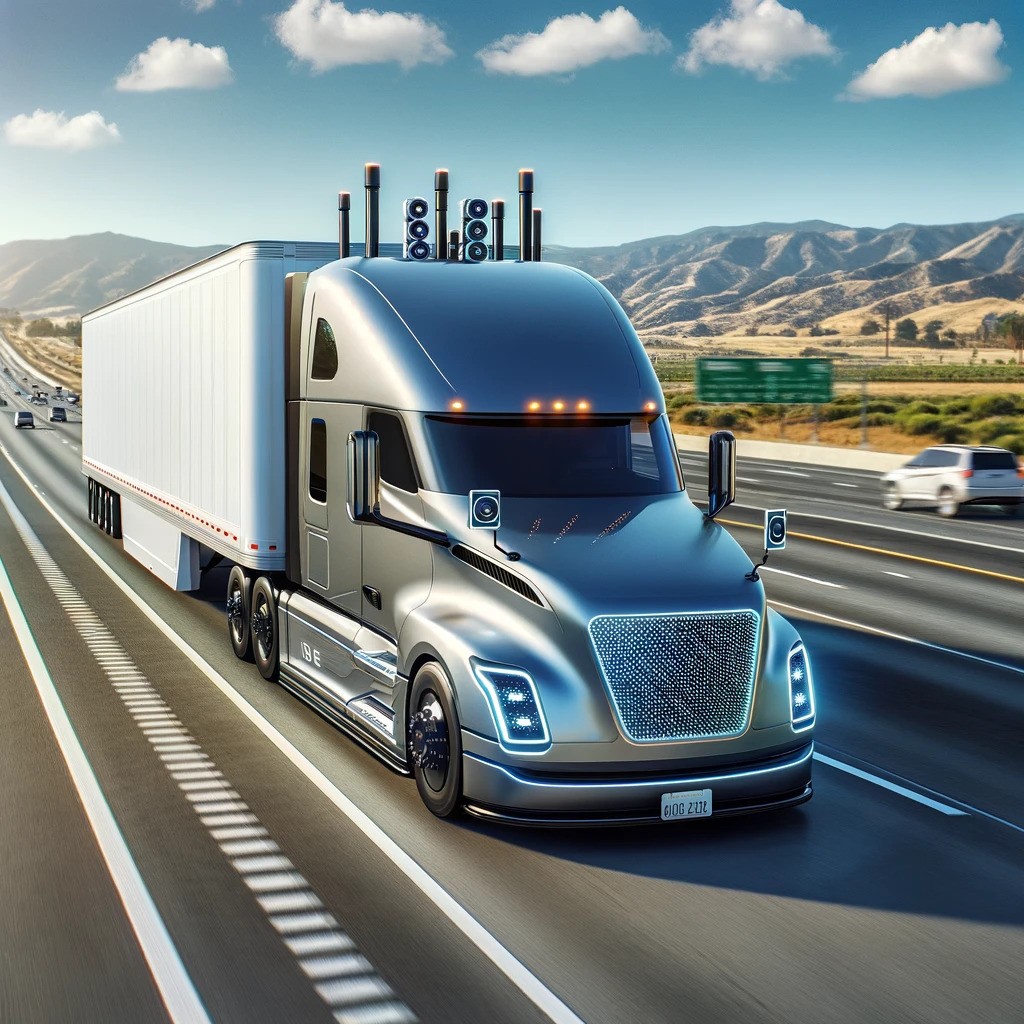Aurora, in a landmark collaboration with Continental, has reached a pivotal milestone in their ambitious endeavor to revolutionize the autonomous commercial trucking industry. In early January 2024, they announced the completion of the first phase of their project, valued at over $300 million. This phase was dedicated to finalizing the design and system architecture for an autonomous vehicle hardware kit, including a critical fallback system to ensure operational safety if a primary system fails. These developments were eagerly shared ahead of CES 2024, underscoring the progress towards their goal of initiating hardware production by 2027.
Adding to their achievements, Aurora launched its first commercial route for driverless trucks in November 2023. This route, bridging Dallas and Houston, is supported by Aurora’s state-of-the-art commercial trucking terminal in Houston. The early rollout of these commercial-ready terminals and services, a year ahead of the planned commercial driverless operations in 2024, highlights Aurora’s strategic approach to seamlessly integrate driver-ready trucks into customer operations. Aurora's commitment to operational excellence is further demonstrated by its terminal operations, which tirelessly support over 75 commercial loads weekly for pilot customers.
By the end of 2024, Aurora aims to start running driverless trucks on this Dallas-Houston route, signifying a significant leap towards fully autonomous commercial trucking operations. The Aurora Driver system, pivotal to this initiative, incorporates advanced safety features that enhance the reliability and safety of autonomous truck operations. This system is equipped to recognize when a truck has been in an accident, such as a sideswipe, and safely maneuver the vehicle to the roadside, showcasing the sophisticated safety measures and reliability of Aurora's technology.
These developments underscore Aurora's unwavering commitment to leading the autonomous driving industry towards a future where driverless trucks significantly improve logistics and transportation efficiency and safety. The partnership with Continental and the advancements in autonomous vehicle hardware design represent a critical step towards realizing this future. The design completion and the forthcoming prototypes for testing set the stage for a series of validation processes that will eventually integrate the hardware and software systems onto a fleet of trucks for comprehensive testing.
Aurora’s proactive approach, from launching commercial routes to establishing operational terminals, reflects a strategic and methodical progression towards commercial launch. The anticipation around launching up to 20 driverless Class 8 trucks by the end of 2024 for freight carriage between Dallas and Houston indicates a significant milestone in commercial autonomous trucking.
This concerted effort among Aurora, Continental, and their partners, including Paccar and Volvo Group, embodies a collaborative push towards an autonomous future. It underscores a significant investment in innovation, safety, and operational efficiency that will likely transform the commercial trucking landscape. Aurora’s journey from the conceptualization to the impending launch of driverless trucks captures the essence of innovation and perseverance in the autonomous vehicle space, setting a benchmark for future endeavors in the industry.

